College of Arts, Sciences, and Education
Ozark Research Field Station
Where discovery comes naturally
At Missouri S&T’s Ozark Research Field Station (OFRS), you have the chance to make scientific discoveries in a natural outdoor classroom rich in ecological history.
Learn how you can get involved
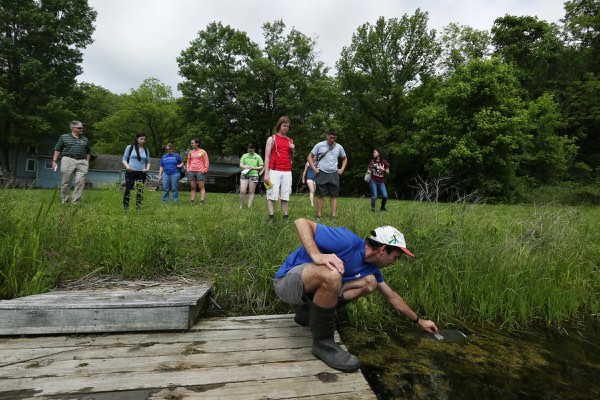
What is a Field Station?
A field station is a place where learning comes to life. It serves as an immersive, hands-on environment for exploring and understanding the natural world. A strong field station is interdisciplinary and multipurpose, supporting teaching, research, creativity, and innovation across fields such as biology, chemistry, geology, engineering, art, literature, poetry, and music. It’s a space where curiosity thrives and ideas grow beyond the classroom.
The Ozark Research Field Station
The Ozark Research Field Station is a nine-acre living laboratory dedicated to education, research, and environmental discovery. Operated through a partnership with the Missouri Department of Conservation, the station offers students and faculty a unique opportunity to study the Ozark ecosystem firsthand.
Located just 20 miles southwest of Rolla, the property dates back to the 1860s and features ponds, streams, woodlands, diverse wildlife, and a historic home. Here, learners can conduct research, observe natural processes, test new ideas, and gain real-world experience in a rich and inspiring outdoor setting.
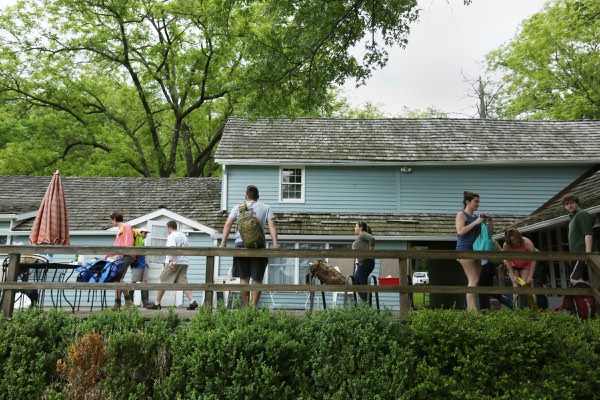
What do field stations do?
- Observe environmental change
- Train new generation scientists, current educators and natural resources professionals
- Engage the public in science and discovery of the natural world
- Test new technologies and methods
- Facilitate self-discovery and community enrichment
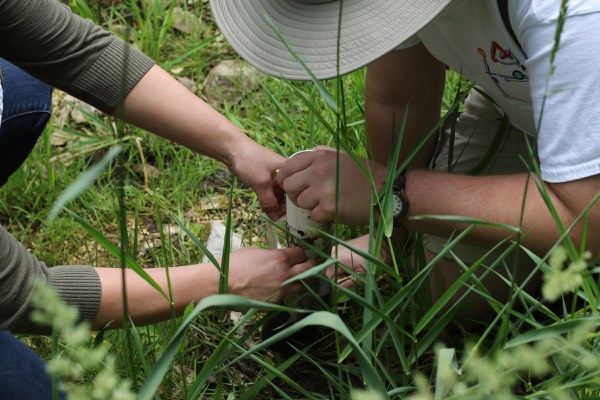
Academic advantages
Our programs inspire an appreciation of natural history, land ethics and the scientific process.
As the only biological field station in the University of Missouri System, the ORFS gives you real life learning experiences that will help you prepare for meaningful careers involving biology, the environment, conservation, natural resources and more.
Collaboration and outreach
- The Ozark Research Field Station brings learning beyond the classroom through unique, place-based courses taught by Missouri S&T faculty from a range of academic disciplines. These immersive experiences connect students and educators with the natural world while fostering interdisciplinary collaboration.
- The ORFS also serves as a hub for community engagement, offering programs and partnerships that inspire environmental awareness and hands-on learning.
Meet the Staff
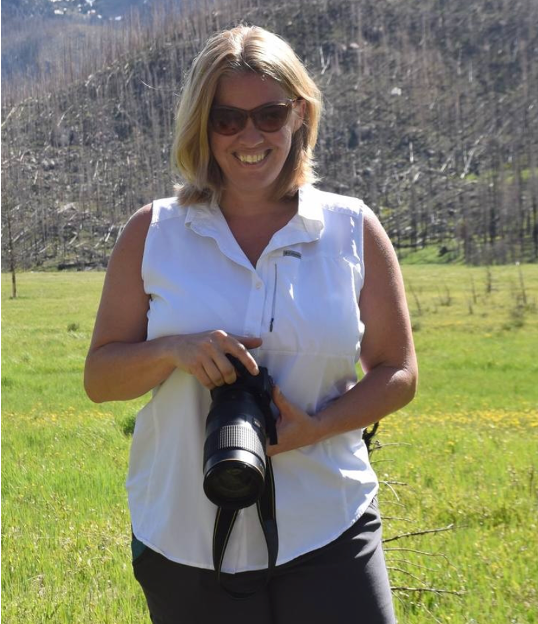
Dr. Robin M. Verble
Director, Ozark Research Field Station
Dr. Robin M. Verble joined Missouri S&T in 2018 as founding director of the Ozark Research Field Station (ORFS) and associate professor of biological sciences. From 2012 to 2018, Verble was director of the Center for Fire Ecology at Texas Tech in Lubbock and an assistant professor in the school’s Department of Natural Resources Management. Before that, she worked for three years as the curator of insects at the Watson Museum of Entomology at the University of Arkansas, Little Rock. Verble’s research focuses on the effects of wildland fire on insect community and population structure and individual behavior.
Education
- Ph.D. applied ecology, University of Arkansas at Little Rock
- M.S. entomology, University of Arkansas
- B.S biophysics, University of Southern Indiana
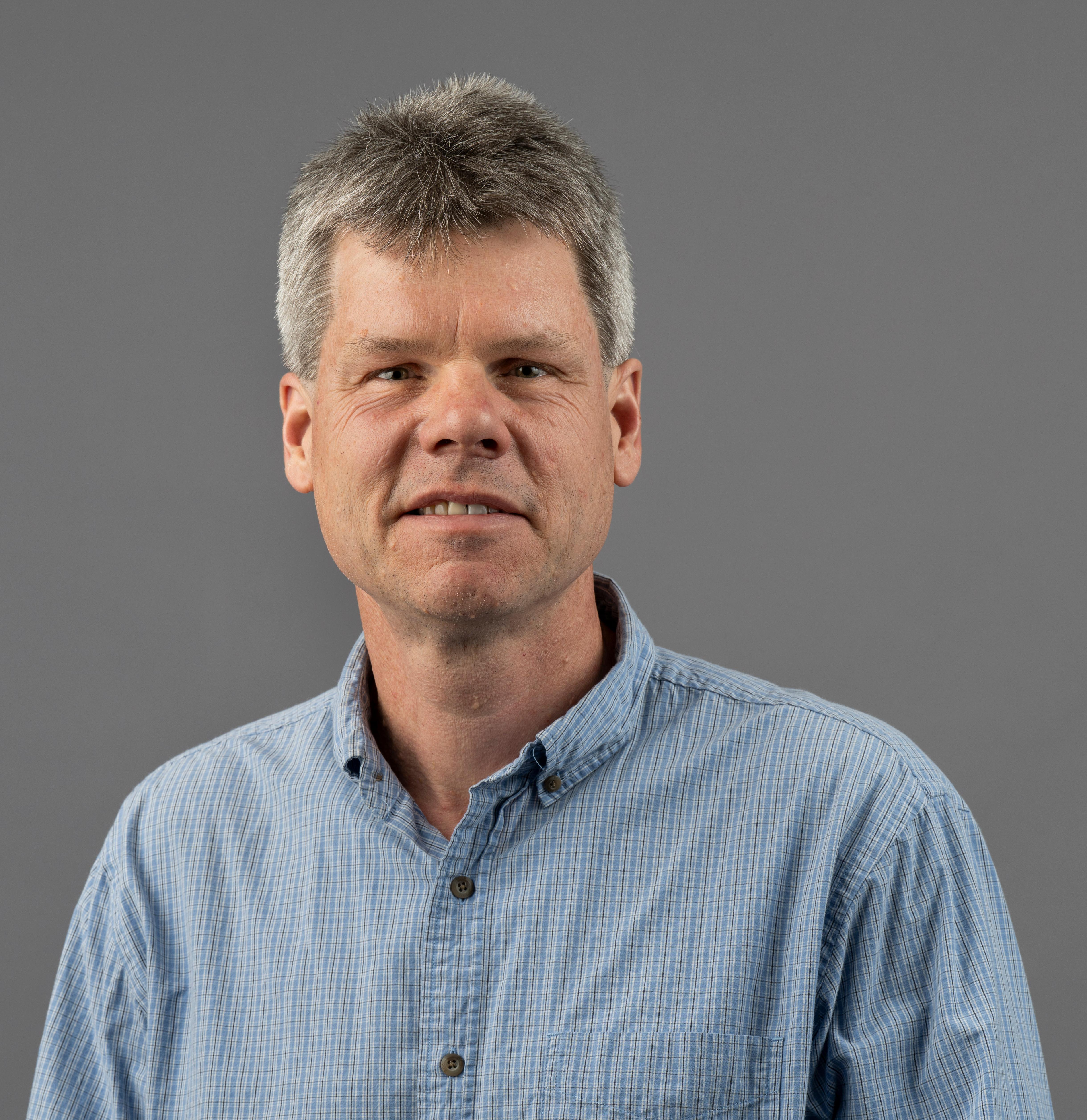
David Duvernell
Co-Director, Ozark Research Field Station
Having grown up in the Missouri Ozarks, Dr. Duvernell’s research interests focus largely on evolution and ecology questions in the rivers and streams . Dr. Duvernell is a population geneticist who studies phylogeography, hybridization, reproductive isolation, and biodiversity, primarily of fishes. He is also interested in the applications of molecular genetic tools in addressing conservation genetic problems including biodiversity assessment, invasive species detection, and rare species monitoring. Some of his most recent projects have explored the use of environmental DNA metabarcoding techniques to assess community structure and biodiversity of organisms in Ozark streams. He and collaborators have spent more than twenty years studying the population history and evolutionary ecology of a group of topminnow species that are abundant throughout the central and southern United States. Dr. Duvernell joined the faculty at Missouri S&T in 2017.
Education
- 1998 – Ph.D. in Biological Sciences, Virginia Tech
- 1994 – M.S. in Biological Sciences, Saint Louis University
- 1992 – B.A. in Biology and Chemistry, Drury University
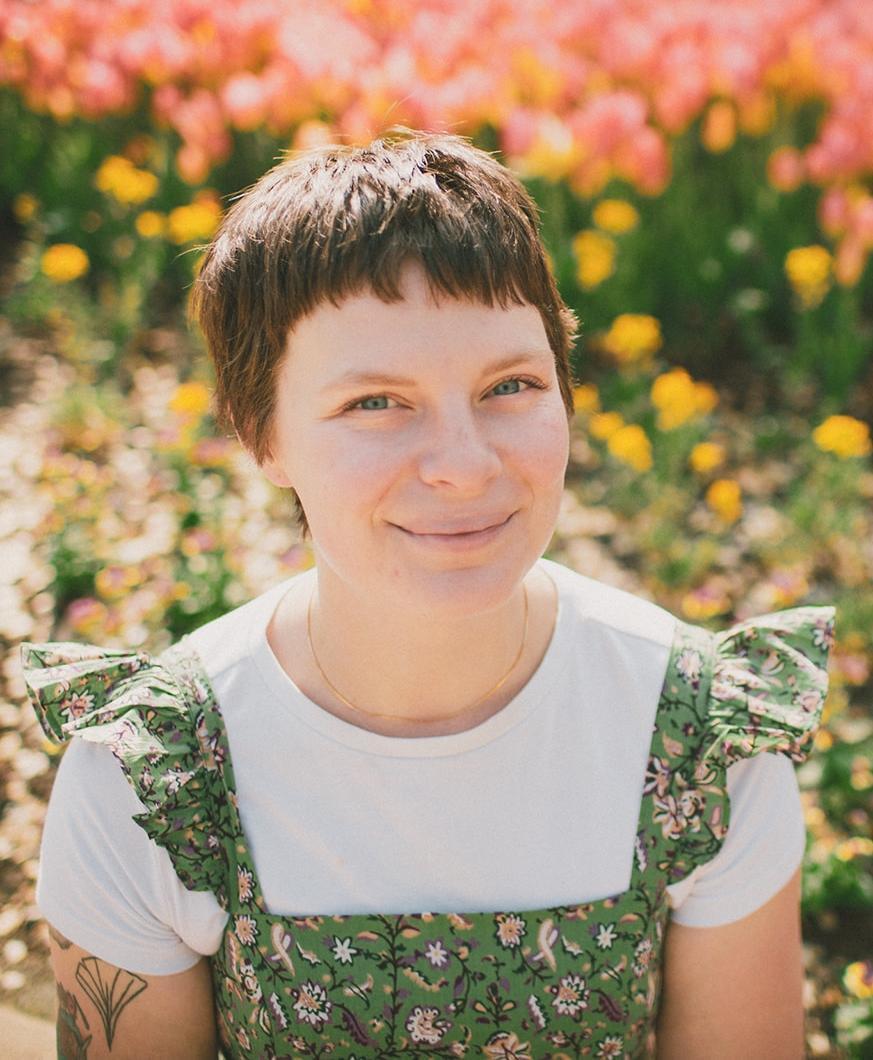
Lilly Germeroth
Caretaker, Ozark Research Field Station
Lilly Germeroth is a 2020 graduate of the Missouri S&T Biological Sciences program where she worked with Robin Verble and Theodore Sumnicht on Bornean ant biodiversity and ecology. After graduation, she attended Penn State University and completed a masters degree in ecology and entomology, focusing on monarch caterpillars. She currently works for the Missouri Prairie Foundation as a Conservation Program Associate and is an adjunct professor at Missouri S&T.
Education
- M.S. ecology and entomology, Penn State University
- B.S biological sciences, Missouri S&T
Want to get involved?
2026 Monarch Migration Expedition
Join alumni, conservationists, and scientists on a 5-day unforgettable expedition to explore the monarch migration sites in Mexico with the Missouri S&T Ozark Research Field Station.
Experience the beauty and scientific wonder of one of the world’s most important locations for monarch butterfly biology guided by our experienced researcher scientists.
Nestled in the oyamel fir forests of the Sierra Madre Mountains of central Mexico, this breathtaking migration is one of Earth’s most remarkable journeys.
For more information go to 2026 Monarch Expedition.
Contact Us
Email ozarkresearch@mst.edu or consider visiting the field station. We're always looking for partners, volunteers, research collaborators, community participants and of course, interested students.
Visit our Facebook page and check out our on-site camera trap photos!
College of Arts, Sciences, and Education
118 Fulton Hall, 301 W. 14th Street, Rolla, MO 65409
Phone: (573) 341-4687
Email: case@mst.edu
Operating Hours
Monday:8:00 a.m. - 4:30 p.m.
Tuesday:8:00 a.m. - 4:30 p.m.
Wednesday:8:00 a.m. - 4:30 p.m.
Thursday:8:00 a.m. - 4:30 p.m.
Friday:8:00 a.m. - 4:30 p.m.
Saturday:Closed
Sunday:Closed

Follow College of Arts, Sciences, and Education